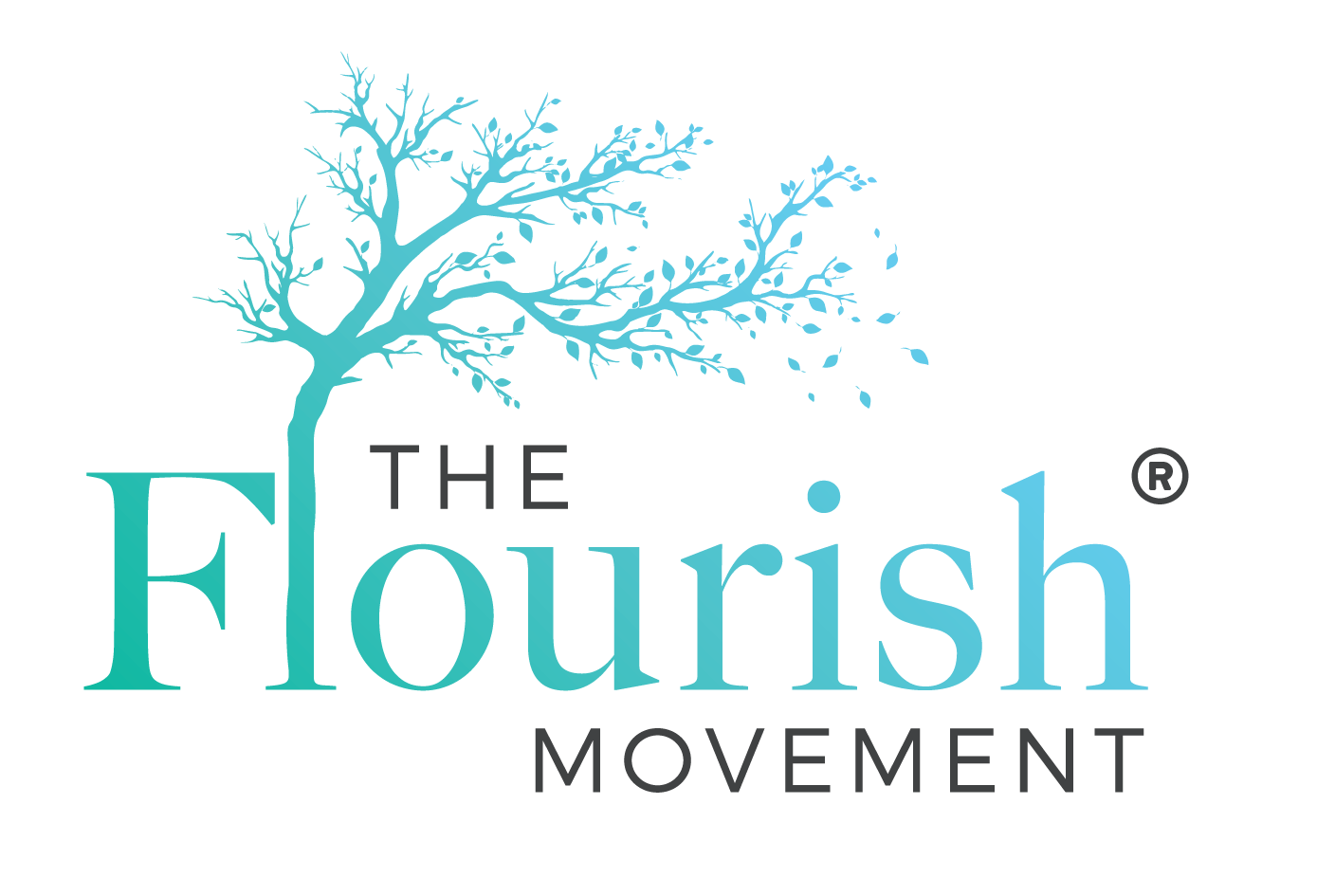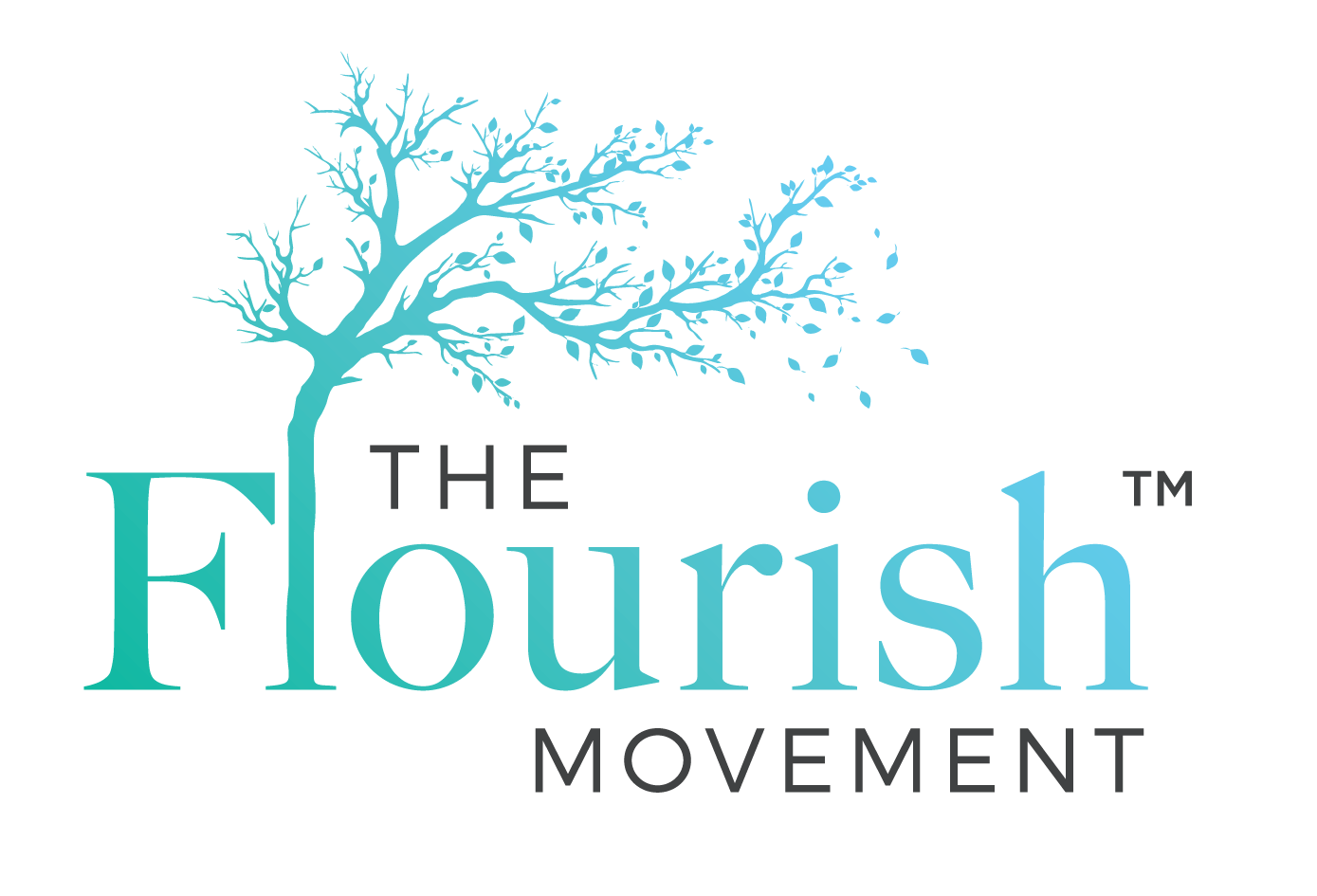
Factors influencing the impact of secondary exposure to trauma on Australian teachers.
A NEW AUSTRALIAN RESEARCH STUDY
A recent Australian review by Oberg et al (2023), published in Frontiers in Education, identified the need for additional research into the impact on teachers working with traumatised students.
Although many educators are implementing trauma informed practice to better support the wellbeing and learning of students who have experienced trauma, there is a lack of focus on the impact of this important work on educators. Supporting students with trauma exposes educators to secondary trauma (commonly called vicarious trauma in the community). This could include the distress of learning about the trauma experienced by a student or their family member and/or managing consequential behavioural changes within the school environment.
Deakin University and Dr Adam Fraser have partnered up to further study this issue.
The study will answer four key questions:
How prevalent is this issue in Australian schools?
What are the key factors that lead to secondary trauma in educators?
What are the strategies that are used to manage it?
What strategies are most effective in minimising the impact of secondary trauma?

Be involved in this study!
PART 1 - SURVEY (10 mins)
Complete a survey which asks questions related to possible factors leading to or mitigating secondary trauma. This includes demographic questions.
The Plain Language Statement approved for this project contains more detailed information about the methods and benefits of the research, plus contains information about where you can obtain help and support. You can access it on this link: Read Plain Language Statement.
PART 2 - INTERVIEW (optional)
There is also an option at the end of the survey to participate in an interview with a senior researcher at Deakin University. This important part of the research will allow us to identify what are some of the key factors that are helpful in managing and mitigating the impact of vicariously experiencing trauma.
This study has received Deakin University ethics approval (reference number: 2024-040).
Frequently asked questions
-
All educators of children in Australia, including teachers, support staff, early childhood educators and school leaders can be involved from all sectors – government, Catholic, independent, special education and early childhood.
-
Dr John Molineux is the lead for this research project. He is a Senior Lecturer in the Department of Management at Deakin Business School and has extensive experience in working with the wellbeing of school leaders.
Dr Georgie Cameron is the consulting psychologist for the project and has had experience in educating people about dealing with trauma. She works in the School of Psychology at Deakin University.
Dr Ben Arnold is a Senior Lecturer in Education Leadership and Course Director for the MEd Leadership and Learning at Deakin University. Ben's teaching and research focuses on education leadership and work, health and sustainability in the education sector.
Dr Adam Fraser is an internationally award-winning researcher, author and facilitator, and Director of The Energy Factory and creator of The Flourish Movement for the wellbeing of educators.
-
The survey data will be collected anonymously. Interview volunteers’ names will not be disclosed, and their data will be de-identified. Please read the Plain Language Statement for further information.
-
We are committed to identifying strategies that are effective in managing and reducing the impact of secondary trauma.
Preliminary findings from the study will be released in late November 2024.
Following the research, we expect to build protocols and training tools for educators to use or learn about effective approaches.
-
We will release the results of this study in late November/December 2024.
A special thank you to all the Associations who have sponsored this study:
On behalf of:












